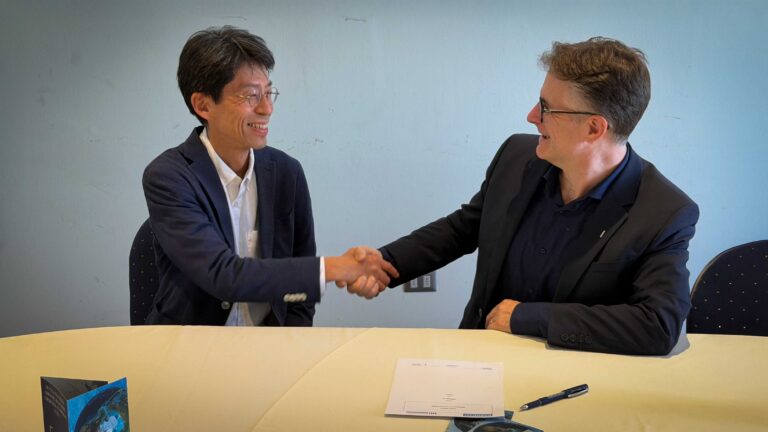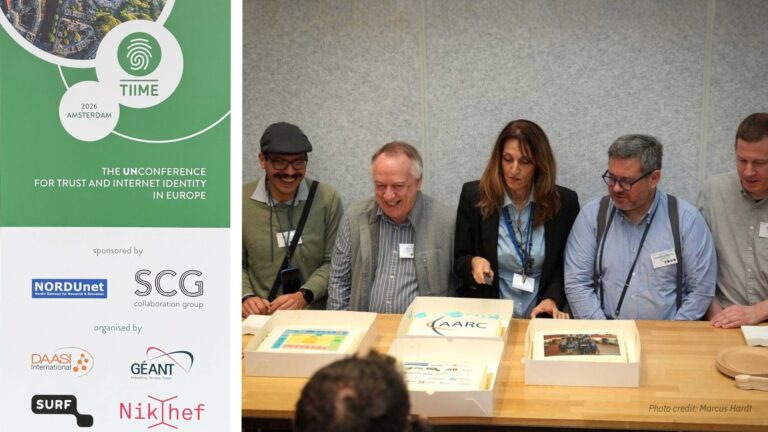DeIC has re-issued a request for tender for optical transmission equipment. The request was originally issued in December, but too few vendors submitted requests to participate. Therefore, the process was stopped. It has now been restarted.
DeIC expects to spend between DKK 18 million and 30 million on optical transmission equipment for Forskningsnettet, the Danish National Research and Education Network.
The procurement process has three steps:
First, a number of potential vendors are selected. DeIC expects to select five vendors.
Next, the vendors submit their proposals. Finally, DeIC selects a vendor.
The purpose is to expand network bandwidth. Currently, the fastest connections in Forskningsnettet have a bandwidth of 10 Gbit/s. They will be upgraded to 100 Gbit/s.
The request for tender only covers optical transmission equipment. Routers and other types of network equipment are not included.
Interested vendors must submit a tender or request to participate by May 2, 2016 at noon.
Further information
2016/S 061-102571 Tenders Electronic Daily
Procurement documents (login required)











